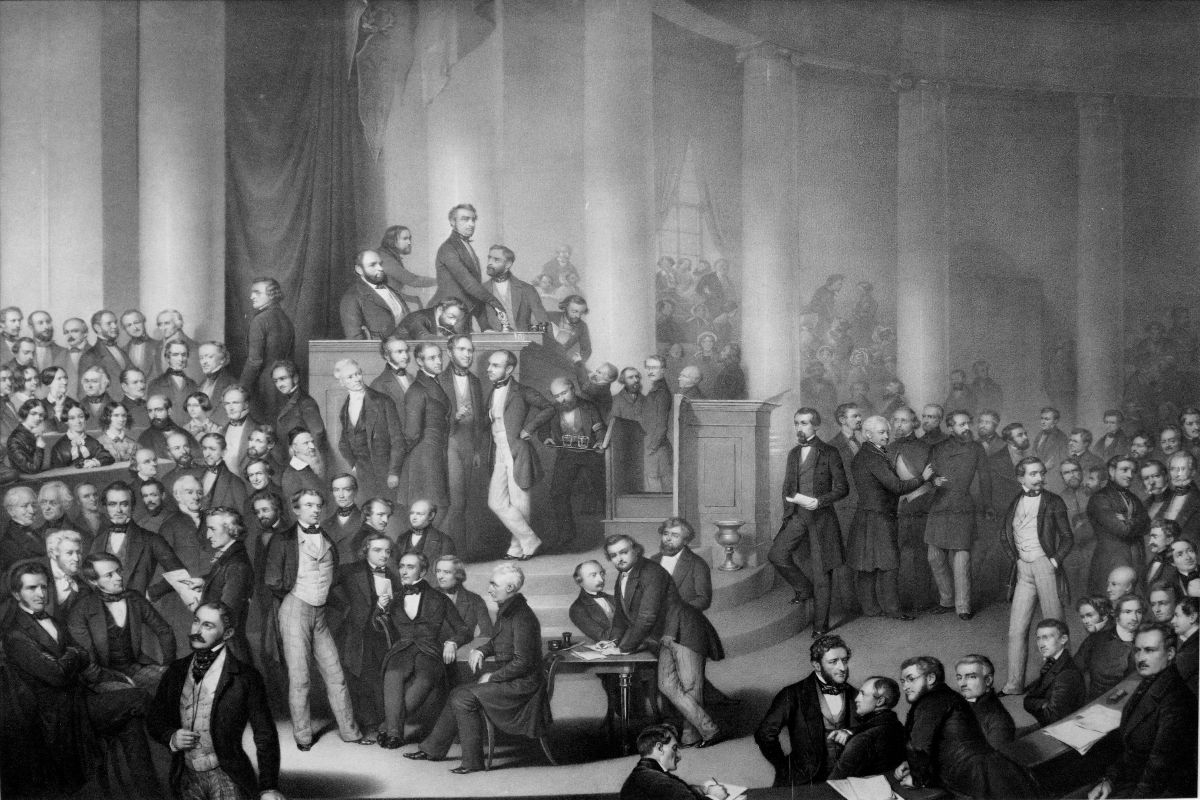

Both sides were eager to sign a treaty by the beginning of February 1871.

He was also wary of drawing attention from other European nations, fearing that they might be moved to intervene if the new German state appeared power-hungry. He was concerned that further violence would render more German casualties and draw French resentment.

The new German command structure wanted to sign a peace treaty to gain France's colonial possessions however, Bismarck opted for an immediate truce as his primary reason for war, German unification, had already been accomplished. King Wilhelm I of Prussia was declared Kaiser of the newly created empire in the Hall of Mirrors in the Versailles Palace. While the French government deteriorated, Bismarck succeeded in achieving the unification of most of Germany (aside from Austria) on Janucreating the German Empire. Statesmen evacuated to establish offices in Bordeaux and Tours, which left French government officials unable to communicate, further upsetting the structure of the state and weakening the government. The Government of National Defense served as an interim governing body before the Third Republic could hold elections, and received unfavorable responses from Parisians as it was unable to break the siege. This caused the collapse of Louis Napoleon's empire, which was replaced by the French Republic of National Defense (subsequently renamed the Third Republic) in 1870. In the first seven weeks of the Franco-Prussian War (Jto September 2), Prussian and other German forces experienced several great military successes against the struggling French government, including the capture of the current French emperor, Louis Napoleon of the French Second Empire, at the Battle of Sedan. Adolphe Thiers emerged by the time of a formal treaty as the new French leader as the country began reconstructing its government.ĭisruption of the French government Paris's governing body, the Government of National Defense had made an armistice, effective from 28 January, by surrendering to the Germans to end the siege of Paris Jules Favre, a prominent French politician, did so, meeting with Bismarck in Versailles to sign the armistice. It was ratified by the Treaty of Frankfurt on 10 May of the same year which made the decline of French power obvious to the rest of the continent, and at the same time demonstrated the strength of a unified German empire.

A preliminary treaty, it was used to solidify the initial armistice of 28 January between the powers. The Treaty of Versailles of 1871 ended the Franco-Prussian War and was signed by Adolphe Thiers of the French Third Republic and Otto von Bismarck of the newly-formed German Empire on 26 February 1871. For other treaties, see Treaty of Versailles (disambiguation). This article is about the Treaty of Versailles of 1871.


 0 kommentar(er)
0 kommentar(er)
